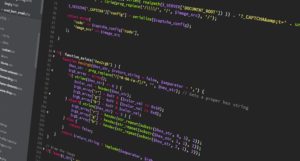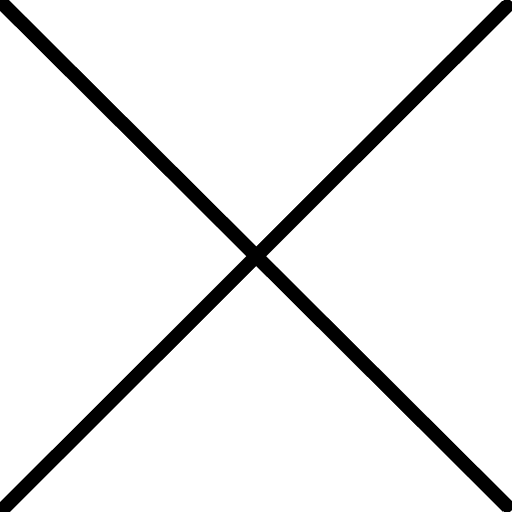 A DAO is a collective blockchain-governed organization. A DAO does not need an executive director or leader to make decisions but allows its participants to work together towards a common goal. The rules of how the organization will work and how the funds will be used are written in code and later uploaded to the blockchain.
A DAO is a collective blockchain-governed organization. A DAO does not need an executive director or leader to make decisions but allows its participants to work together towards a common goal. The rules of how the organization will work and how the funds will be used are written in code and later uploaded to the blockchain.
The code is written so that no one is authorized to access it without the approval of each group member. As a result, everyone has a voice and access to a vote. Decisions are made together transparently on the blockchain.
For example, FTX is a cryptocurrency platform that filed for bankruptcy due to mismanagement of funds. Decisions in FTX were made by its founder and CEO, Sam Bankman-Fried (SBF). Mismanagement could have been avoided if the members of the group belonging to the platform had some way to veto how the funds and money were used. In a DAO, you don’t need to trust anyone, just the DAO code, and everything happens in a 100% transparent and verifiable way by all members.
The characteristics of a DAO are:
- It is a horizontal and fully democratic organization.
- DAO members vote to implement any changes to the code (rules of the game).
- Votes and decisions are implemented automatically without the need to trust an intermediary.
- All activity is entirely transparent and public.
The backbone of a DAO is the smart contract that contains all the rules of the organization and holds the liquid assets of the group. Once the contract is uploaded to any blockchain platform, no one can change the rules except through a vote of all members. If someone tries to do something that is not specified in the rules or the logic of the code, this attempt will fail. DAOs do not need a central authority. The group members make decisions collectively, and payments are made automatically when the votes have authorized those payments.
Examples of DAOs:
- A charity: You can accept membership and donations from anyone worldwide, and the group can decide how they want to spend the contributions.
- A network of independent business people: You could create a network of business people who pool their funds for office space and software subscriptions.
- Companies and grants: You could create a venture fund that pools investment capital and votes on the companies to support. The refunded money could later be redistributed among DAO members.


